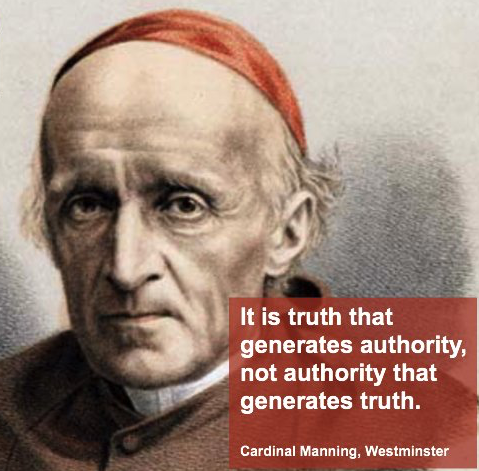 In ancient Greece, men know each other and recognize each other in the eyes of their family, their loved ones, their community. Women reserve the mirror for themselves, which is about beauty, femininity and seduction. Reflection is everywhere. "There is no place that does not see you" summarizes Rilke. Can we exist without worrying about our reflection? Can we be aware of ourselves without knowing ourselves? Can one be aware of oneself without being recognized? One can have a self-image, but it can be very far from oneself. Thus man should not see himself in the mirror for fear of being absorbed by his image. This image that manages to make us forget that we are there. If we think what we see, if it resonates with us, we dream it too. Our image escapes us as soon as we see it. Thus the woman adjusts herself in the mirror when the man could get lost there, drown there. The dream, binomial of memory, conceals time and numbs it. What did we see and when? The gaze and the imagination interpenetrate and cannot be dissociated. To see and to know oneself merges among the Greeks. To see, to know oneself... but not too much, because if man is a marvel, in the sense of an incident, of a fascinating fracture within the living as the chorus of Antigone says, he also conceals his own terror, he exterminates and tortures himself, and he is indeed the only "animal" in this case.
In ancient Greece, men know each other and recognize each other in the eyes of their family, their loved ones, their community. Women reserve the mirror for themselves, which is about beauty, femininity and seduction. Reflection is everywhere. "There is no place that does not see you" summarizes Rilke. Can we exist without worrying about our reflection? Can we be aware of ourselves without knowing ourselves? Can one be aware of oneself without being recognized? One can have a self-image, but it can be very far from oneself. Thus man should not see himself in the mirror for fear of being absorbed by his image. This image that manages to make us forget that we are there. If we think what we see, if it resonates with us, we dream it too. Our image escapes us as soon as we see it. Thus the woman adjusts herself in the mirror when the man could get lost there, drown there. The dream, binomial of memory, conceals time and numbs it. What did we see and when? The gaze and the imagination interpenetrate and cannot be dissociated. To see and to know oneself merges among the Greeks. To see, to know oneself... but not too much, because if man is a marvel, in the sense of an incident, of a fascinating fracture within the living as the chorus of Antigone says, he also conceals his own terror, he exterminates and tortures himself, and he is indeed the only "animal" in this case.
Authority represents this limit, this invisible frontier, this peaceful force which keeps man from ceasing to be a man, for there is no greater sin for the ancient Greek than to succumb to savagery, to call for it, to allow oneself to be guided and led by it, to take a liking to it. The amartia will soon become the sin, continuing to be the fault, the error, the failure. To know oneself, but not too much, constitutes the mask of identity at the time of ancient Greece. You have to know yourself, approach yourself, define yourself and "individuate" yourself in order to be; but what does it mean to be? if not discern, adjust and combine his nature with his education. In our time, which judges the past with the eyes of the present, it becomes almost forbidden to say the link that binds us to the ancient man, to call oneself heir. Adjusting nature and culture, balancing the balance between what we are, what we are becoming and what we were. Why the past? Because we are a concentrate, and we are less than the elements that constitute us since we are and will always be indebted to the history that precedes us. This equation is omitted nowadays, or minimized, which amounts to the same thing. The mechanisms specific to our time exonerate man from his memory, after all, doesn't he have the technique, immeasurable memory and never reached until now? What does a memory of its own need? If the need takes us to want to remember, it is only necessary to type in a search engine. Practical, easy, simple, fast; memory and its multiple ramifications cannot compete for a single second, not to mention that our memory is never sure to remember or what it remembers! I am talking here about the memory that we build up for ourselves, the one that is given and sifted through our nature and that is sedimented over the course of our lives. If I am not armed with this own memory, only equipped with the memory of others, generously or profitably offered on the Internet, what meaning can my life have? A borrowed meaning in every sense of the word. Meaning arises from the interpenetration of nature and culture and from the action to which it is conditioned. The two never cease to gaze at each other and coax each other, to give themselves to each other the better to blame each other for their respective existence. The negation of nature by technology gives modern projects, and this for the first time in the history of man, power and authority. What all totalitarian regimes have never ceased to seek.
Learn more about Emmanuel L. Di Rossetti’s Blog
Subscribe to get the latest posts sent to your email.